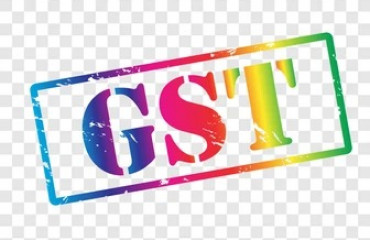
The government also sought House approval for an extra ₹6.27 trillion spending, mainly for repayment of debt.
New Delhi: Finance minister Nirmala Sitharaman on Monday sought Parliament's approval for a net additional spending of ₹51,463 crore in FY25 to meet funding requirements of mainly fertilizer, food and cooking gas subsidy and defence pension.
The government also sought House approval for an extra ₹6.27 trillion spending, mainly for repayment of debt, which does not involve additional cash outgo as it is met through savings and additional revenue receipts, showed the second supplementary demands for grants tabled in Parliament.
The document shows that only about 8% of the gross additional spending for which House approval is sought entails extra cash outgo.
Of this, ₹14,100 crore will go to the fertilizer subsidy, ₹8,400 crore for defence pensions, ₹13,400 crore to other pension requirements, ₹5,300 crore to the telecom sector and over ₹2,100 crore to the farm sector. The petroleum sector will get an additional ₹1,000 crore, including for cooking gas subsidy for poor households.
About 88% of the ₹6.27 trillion—to be spent from additional receipts or savings and not involving a cash outgo—will go for debt repayment.
Also read | Union Budget 2024-25: Trends in expenditure
Economic growth
The slight upward revision in the economic growth rate projection for FY25 made by the ministry of statistics from 9.7% in January to 9.9% last month allows the government a slightly larger fiscal deficit in absolute terms without breaching the target of 4.8% of nominal GDP set for the current financial year, Mint reported on 6 March.
Also read | Why the urban middle class has cut spending
In absolute terms, fiscal deficit for the current year was estimated to be ₹15.69 trillion, as per revised estimates presented in February.
The Centre is expected to stick to the fiscal deficit target, aided by savings and additional receipts, as budget discipline has been a key principle of the NDA government. For the next financial year, a fiscal deficit target of 4.4% of GDP has been set.
The Centre's tax collection so far has been robust. Up to 11 February, it had collected ₹17.78 trillion in direct taxes after adjusting for refunds, a near 15% annual increase. GST (CGST) receipts up to the end of February had grown 9.7% to ₹3.4 trillion.
The government has now limited extra spending permissions sought from Parliament in a financial year to two, down from three earlier in an effort to improve fiscal discipline.
In the union budget for the next fiscal presented on 1 February, the government also set a new target of lowering the Centre's debt from 57.1% in FY25 to 50% of GDP, give or take 1%, by end of March, 2031. Annual fiscal deficit will be carefully calibrated to achieve this target.
